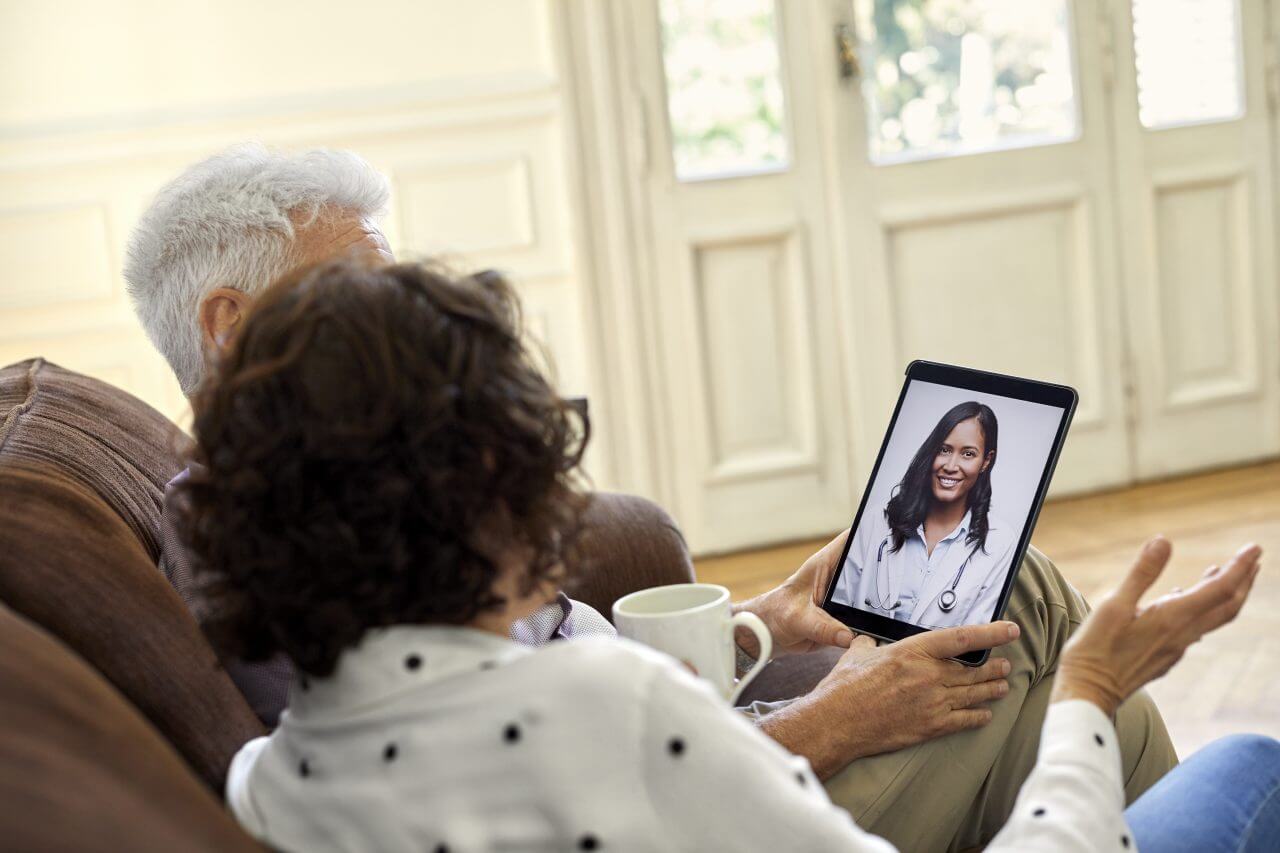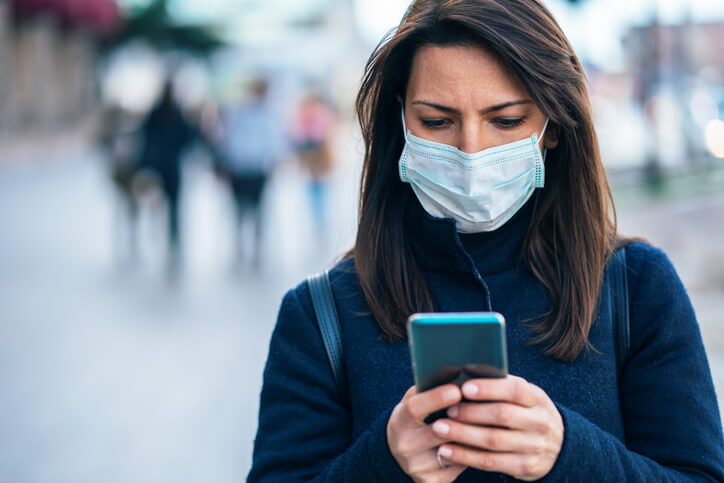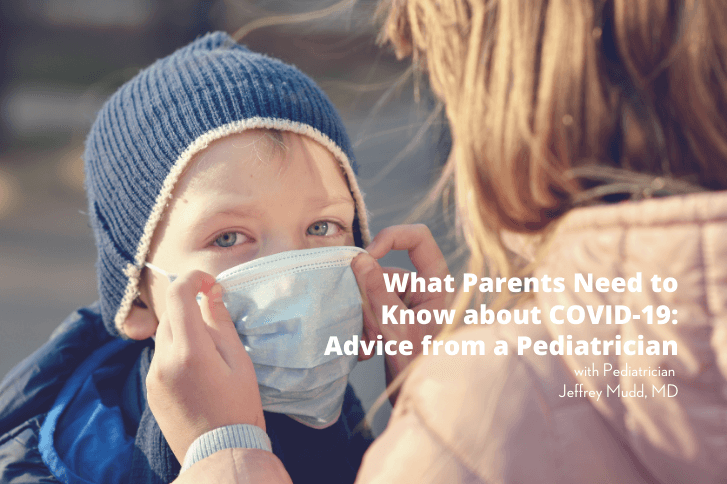What to Do if You Are Experiencing Coronavirus (COVID-19) Symptoms

COVID-19 symptoms could appear as soon as two days after exposure to as long as 14 days later, according to the Centers for Disease Control and Prevention (CDC). Baptist Health has protocols in place to identify individuals who show symptoms similar to coronavirus (COVID-19) and will refer these individuals for further testing as appropriate.
What Are the Signs and Symptoms of Coronavirus (COVID-19)?
Fever, tiredness, and dry cough are potential signs of coronavirus. COVID-19 symptoms closely resemble seasonal flu. Some people have reported feeling achy, nasal congestion, runny nose, sore throat or diarrhea. Symptoms range from mild to severe, and some don’t have any symptoms.
When do coronavirus symptoms show up?
Symptoms may appear between two and 14 days after exposure, according to the U.S. Centers for Disease Control and Prevention (CDC).
How long do coronavirus symptoms last?
Symptoms could appear as soon as two days after exposure to as long as 14 days and experts agree that how long the coronavirus symptoms last depends on the severity of the case. Mild cases (those with symptoms similar to the common cold or flu) could be expected to last 10-14 days. It’s important to note that in severe cases, recovery may take six weeks or more.
Post COVID Care – When and Where You Need It.
Baptist Health has developed a program for patients that had COVID-19 and are still experiencing symptoms or do not feel they have fully recovered. If you are experiencing any issues after having COVID-19 such as persistent shortness of breath, exercise intolerance, or ongoing symptoms, you can get care now from Baptist Health’s long COVID program via a virtual visit with a provider.
What to Do If You Think You Have the Coronavirus
Schedule a virtual doctor visit
If you are experiencing symptoms that you feel are related to COVID-19, the novel coronavirus, but do not feel comfortable coming into a medical office, virtual eVisits and video visit options are available through the Baptist Health MyChart portal at BaptistHealth.com/MyChart. If you do not have a MyChart account, you can register online at Baptist Health.com/MyChart.
Call your doctor or local health department
If you have fever, cough, and shortness of breath – and have recently been to a location where the virus is spreading or you have come in contact with a person who is known to have COVID-19 – call your doctor or local health department.
Baptist Health’s Protocols for Patients Experiencing Coronavirus Symptoms
If you call your doctor with the Baptist Health Medical Group, we will ask you a series of questions about your health and possible exposure to COVID-19. If you meet certain criteria, we will further assess your medical condition.
If you are considered likely to have COVID-19:
- If symptoms are mild, you will be asked to use Baptist Health Virtual Care for an eVisit or video visit, if you have the capability. If you do not have the capability for eVisits or video visits, you will be directed to a designated Baptist Health Urgent Care location for evaluation.
- You may be asked to self-quarantine at home and to call the state health department for further direction. For Kentucky: 1.800.722.5725. For Indiana, 317.233.7125 (after hours: 317.233.1325). For Illinois: 1.800.889.3931.
- Seriously ill patients will be sent directly to the Emergency Department and asked to wear a mask. We will provide strict instructions on accessing the Emergency Department and will contact the Emergency Department prior to your arrival. Don’t worry if you do not have a mask.
If indications are that you are not likely to have COVID-19, but you have similar symptoms:
- If you come to a doctor’s office or clinic:
- You will be treated as though you are infectious. You may be asked to wait in an area away from other patients, and given a mask. Staff who treat you may also wear masks.
- You may be tested for infectious diseases, including seasonal flu, strep throat and possibly, COVID-19. Test results for COVID-19 will take three to four business days. You will be contacted with results.
- If you are tested for COVID-19, you must self-quarantine at home until test results are known. We will provide you with information on how to self-quarantine per CDC guidelines.
- If your test is positive, you will be told to go to the Emergency Department if your symptoms are severe. If your case is mild, you will remain at home in quarantine.
- If your test is negative, you can return to your regular activities, including work or school as medically feasible.
If you are asked to self-quarantine, a work or school excuse note will be provided.
COVID-19 Community Guidance in Kentucky
We encourage everyone to follow the below Community Guidance set forth by the Kentucky Cabinet for Health and Family Services.
Current recommendations for social distancing in Kentucky include:
- If you are 60 years old or older and/or have diabetes, heart disease, lung disease, kidney failure or other chronic major medical conditions, we recommend you avoid densely populated community events and consult the CDC guidance.
- Nursing homes and other long-term care facilities are advised to restrict visitors and consult this DPH guidance
- Working people, students, employers, and schools are advised to plan actively for telework/distance learning options appropriate for their situations and support all workers/students to stay at home if they are ill.
- Only go to the emergency department for an illness that would have taken you to the hospital before the COVID-19 outbreak. If you have runny nose, cough, fever or other common respiratory infection symptoms, take Tylenol- or Motrin-like products and stay home from work or school until you are fever-free. If you think you need medical care, please contact your healthcare provider for their instruction or visit an emergency department if you believe you have an emergency.
This guidance will continue to change as circumstances warrant.
Learn More About COVID-19 with Baptist Health
Staying current with updates is imperative to you and your family’s health. We’ll continue to provide resources, but recommend you seek immediate care from your doctor and follow all guidelines from the CDC. To learn more about coronavirus symptoms, prevention, and social distancing, please visit Baptist Health’s COVID-19 Facts and Resources page.
Next Steps and Useful Resources
Learn About Long COVID Care
What Are COVID-19 Long-Haulers?
If I’ve Already had COVID-19, Do I Still Need the Vaccine?
[PODCAST] COVID-19: A Primary Care Doctor’s Perspective



